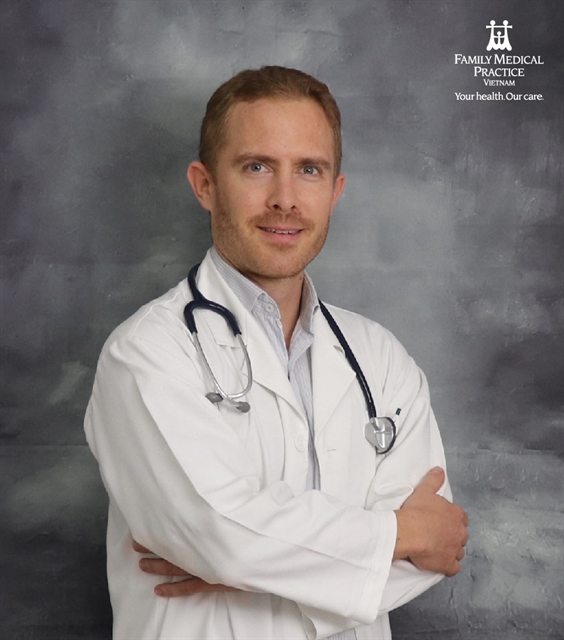 Life & Style
Life & Style

It has been found that 1 in 5 travellers admit to having casual sex in foreign countries when they are travelling.

|
| Dr Mathieu Nalpas. Photo courtesy of Family Medical Practice |
By Dr Mathieu Nalpas*
It has been found that one in five travellers admit to having casual sex in foreign countries when they are travelling. This could be due to the excitement of being in a new place and having the opportunity to meet lots of other people, away from the rules and restrictions that are associated with home. Or it could be the consumption of substances such as alcohol and drugs that are often available in travelling communities that blur a person’s sense of responsibility and control.
This combination puts the travelling community at an increased risk of sexually transmitted diseases (STD), and as some STD’s do not show symptoms for some time, it increases the risk that travellers can transmit STD’s to several people before realising they are infected.
A further complication is when one is travelling, accessing healthcare services and screening checks may not be a top priority. A sense of moving from place to place and focusing on your travel plan, accommodation and meeting new people can make finding and scheduling an STD check seem difficult.
Due to Việt Nam and other western pacific locations having the highest rates of ‘curable STD’s’ in the world (142 million according to World Health Organisation 2016), it is vital that consideration for screening is made on your trip if you have had unprotected sex - this also includes oral and anal sex.
Curable STD’s include common infections like Syphilis, Gonorrhea, Chlamydia, Mycoplasma and Trichomonas.
The symptoms that you may or may not experience if you have contracted one of these infections are:
Unfortunately, some viruses transmitted during sexual contact have uncertain or no cure at all : Hepatitis B, hepatitis C, Human Papilloma virus (HPV), Human Immunodeficiency Virus (HIV) and Herpes. Fortunately you can have a vaccination to protect yourself from Hepatitis B and HPV (according to your age) prior to traveling.
Advices for travellers
*Dr Mathieu Nalpas is a general practitioner who graduated from Lille Medical University in France. He studied infectious diseases and tropical medicine in the French West Indies, and has practiced family medicine in France and managed several isolated health clinics in the Amazon rainforest of French Guyana. He also volunteered in Cambodia, India and Tibet. Dr Nalpas has worked with Doctors Without Borders in HIV/Tuberculosis clinics and in France at refugee camps.
Family Medical Practice was the first foreign-owned primary healthcare provider in Việt Nam, and has consistently remained at the forefront of international-standard medicine since 1995. It offers extensive healthcare and emergency medical services nationwide to Vietnamese, expatriate and corporate customers.
For more advice on any medical topics, visit Family Medical Practice Hanoi at: 298 I Kim Mã, Ba Đình District. Tel: (024) 3843 0748. E: hanoi@vietnammedicalpractice.com.
FMP’s downtown Hồ Chí Minh City location is: Diamond Plaza, 34 Lê Duẩn, District 1; 95 Thảo Điền, District 2. Tel: (028) 38227848. E: hcmc@vietnammedicalpractice.com.
FMP Đà Nẵng is located at 96-98 Nguyễn Văn Linh, Hải Châu District, Đà Nẵng. Tel: (0236) 3582 699. E: danang@vietnammedicalpractice.com.




